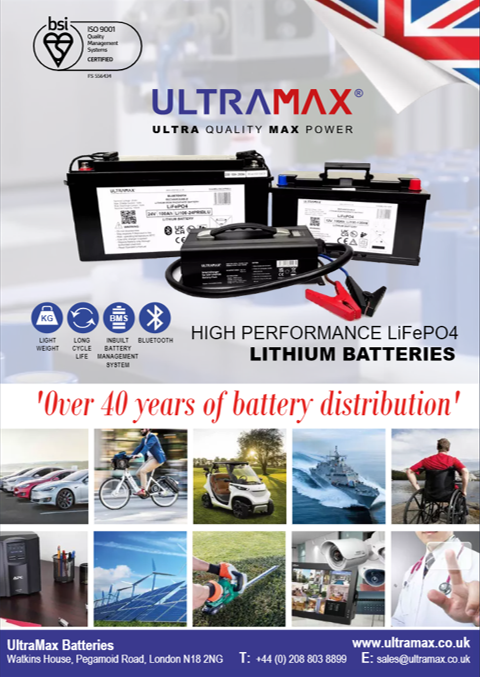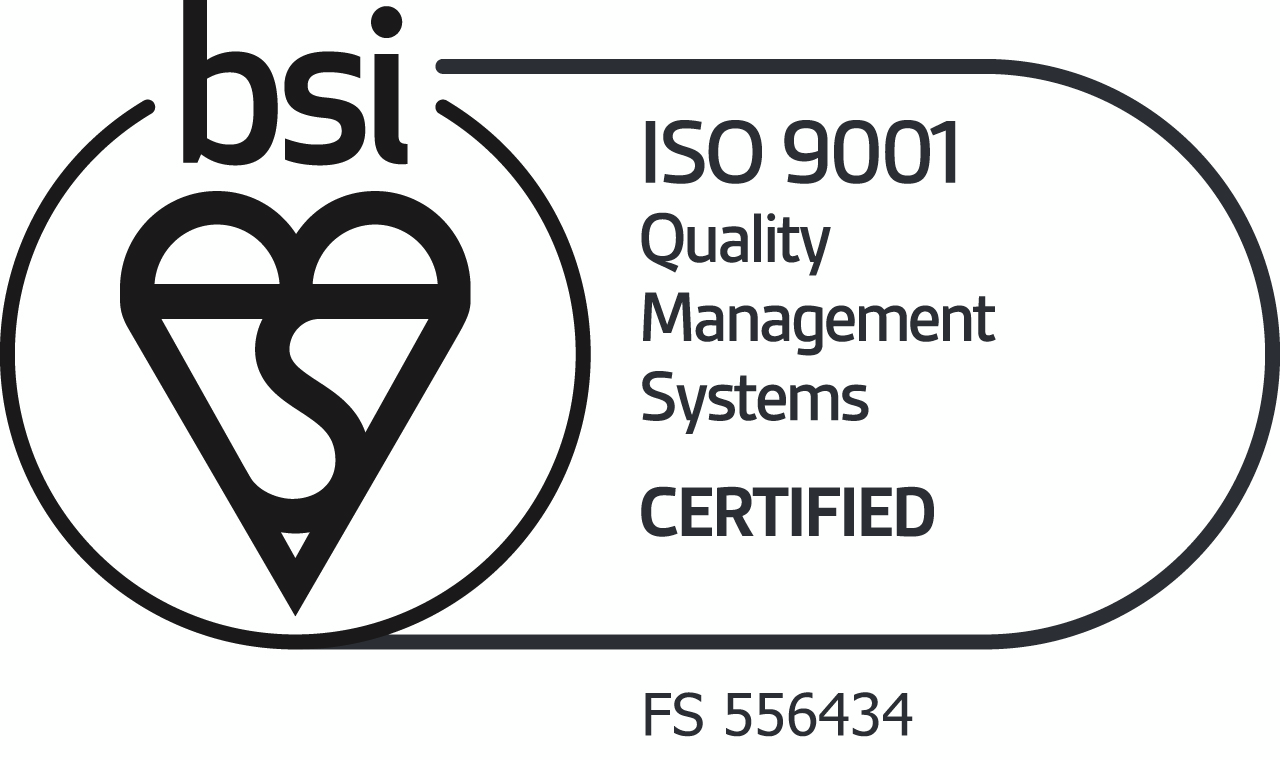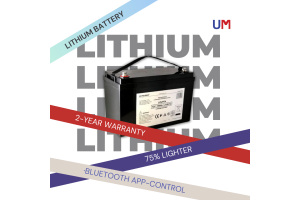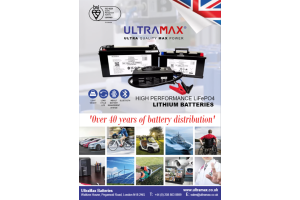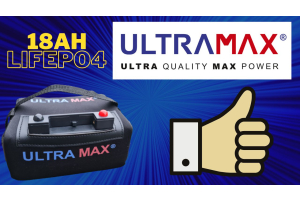A battery failure is only considered a warranty case due to manufacturing defects. This is indicated by specific test results on Battery Masters' diagnostic equipment. Any other failure mode does not qualify for warranty replacement. There are several non-warranty reasons why batteries may fail, including but not limited to the following:
- End of Life Batteries are consumable products with a limited lifespan. They will naturally deteriorate over time.
- High Temperatures Excessive heat can accelerate battery discharge and cause internal damage.
- Low Temperatures Cold weather conditions can reduce a battery's available power by up to 30%.
- Infrequent Usage Batteries in parked vehicles or equipment can drain due to standby systems and self-discharge.
- Short Trips Short-distance driving or operation may not adequately recharge the battery after each start.
- Vehicle/Equipment Age Aging charging systems and batteries may not perform as efficiently over time.
- Improper Usage Using the wrong battery type or size for an application can lead to premature failure.
- Human Error Leaving lights or accessories on overnight can deeply discharge a battery.
These non-warranty failure modes can result in:
- Wear and Tear Normal cycling causes gradual loss of active material and plate corrosion.
- Deep Cycling Rapidly recharging a deeply discharged battery (below 35%) can cause internal damage.
- Physical Damage Improper storage, handling, or installation can physically damage a battery.
- Incorrect Application Using the wrong battery technology or specifications for a vehicle/equipment can lead to failure.
- Sulfation Leaving a battery in a discharged state (below 12.40V) for extended periods can cause internal sulfation.
- Overcharging Faults in charging systems can overheat the battery, evaporate electrolytes, and degrade active materials.
At Battery Masters, we strive to provide high-quality batteries and educate our customers on proper battery care and maintenance. By understanding the factors that contribute to non-warranty failures, you can maximize the lifespan and performance of your batteries.
